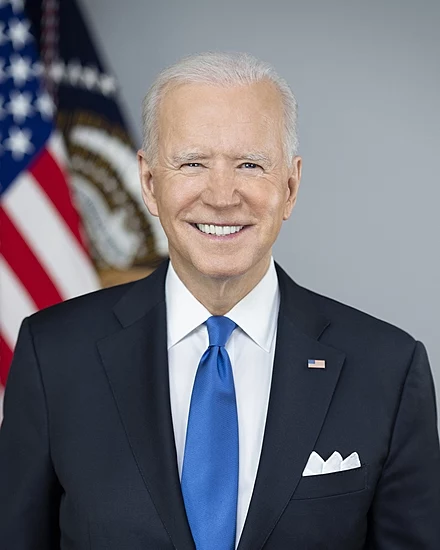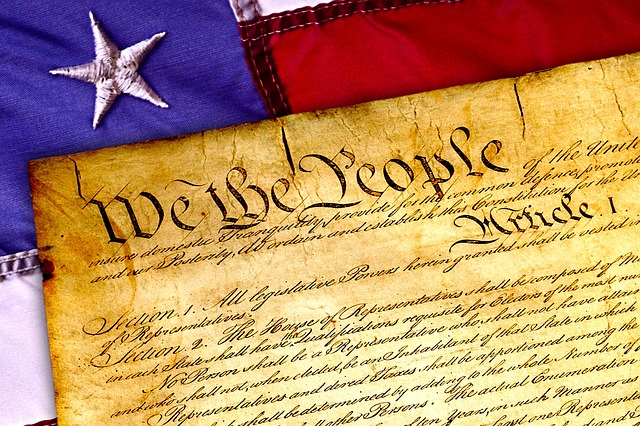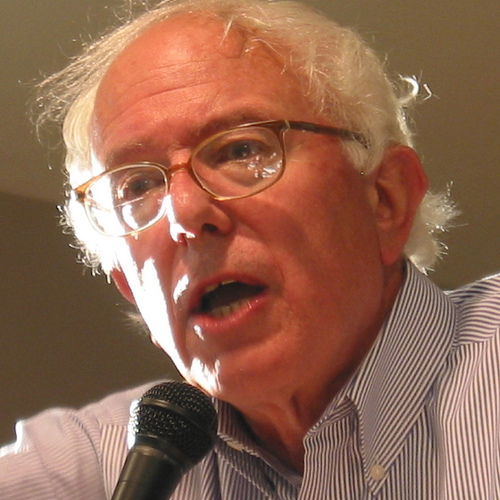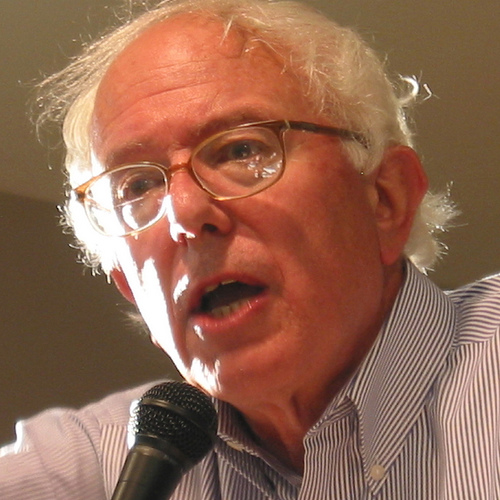
Biden’s Age: A Key Factor for Re-election
The 2024 presidential election is approaching, and a crucial question emerges: is President Biden too old to run for re-election? Despite his accomplishments and the Democrats’ strong showing in the midterms, concerns about Biden’s age continue to surface. In fact, only 37% of Democrats want the incumbent to run for re-election, according to a recent Associated Press poll.
In focus groups conducted by Republican strategist Sarah Longwell, swing voters who shifted from Trump to Biden expressed their worries about the President’s age. Longwell notes that these concerns arise unprompted. At 80 years old, Biden would be 82 at the start of a second term and 86 at its end.
Biden’s age has long been a target for his political opponents. Former South Carolina Gov. Nikki Haley’s 2024 presidential campaign kick-off speech called for “mandatory mental competency tests” for candidates over 75. Nevertheless, the President’s response to these concerns is, “Watch me.” White House communications director Kate Bedingfield believes that Biden’s experience and wisdom bring stability and strong leadership to a volatile world.
While President Biden’s annual physical revealed that he is fit for duty, concerns about his cognitive functioning persist. S. Jay Olshansky, a public health professor at the University of Illinois at Chicago, acknowledges that the age question is “absolutely” a fair one. Risks are high for something going wrong in that age range.
However, Biden’s team views the next election as a choice rather than a referendum. They believe that Biden voters worried about age will be more concerned about the return of Trump or Trumpism than Biden’s advanced years. Even in Sarah Longwell’s focus group, all nine participants raised their hand for Biden when asked who they would support in a potential Biden-Trump rematch.
Despite the President’s healthy physical state and the potential for a stable and experienced leader, the age factor remains a critical consideration for Biden’s re-election campaign. As the 2024 race heats, the question of how old is too old for a president will undoubtedly continue to shape the political landscape. In the end, it will be up to the voters to decide if Biden’s age is a concern that outweighs the alternative.


 The caller had no knowledge that Mr. Sanders actually
The caller had no knowledge that Mr. Sanders actually